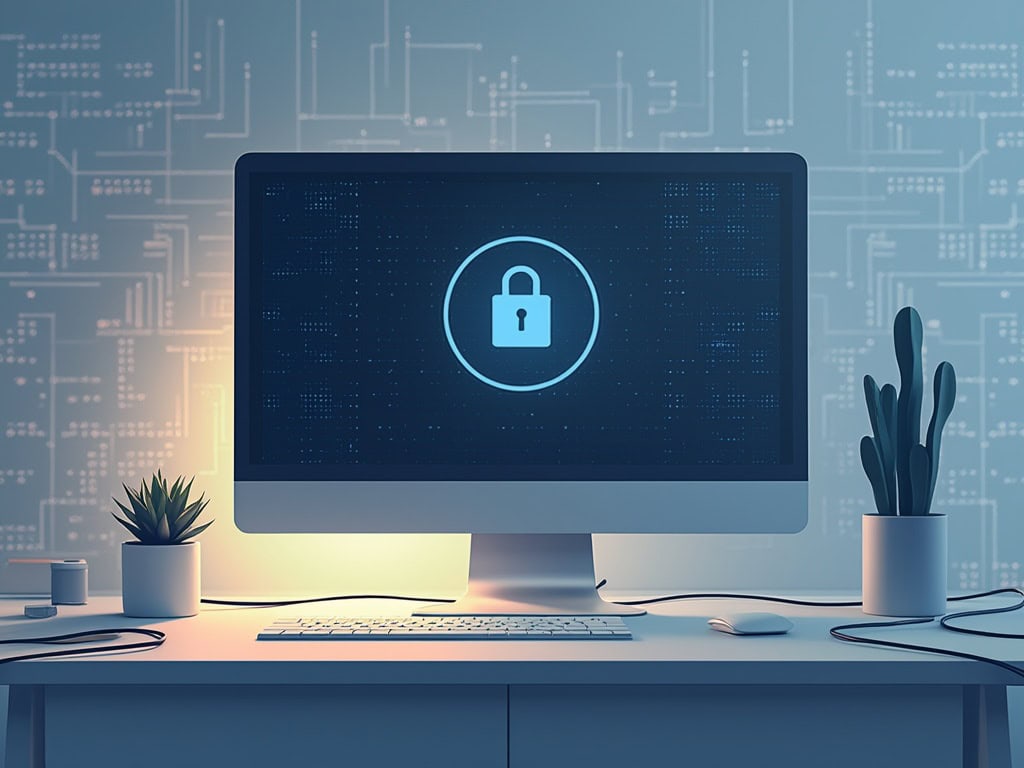North Korean Hackers: Exploiting Zoom for $100K Cryptocurrency Heist

North Korean Hackers Weaponize Zoom Feature in $100,000+ Cryptocurrency Heist
A sophisticated cybercrime campaign dubbed "Elusive Comet" has emerged, where threat actors exploit Zoom's remote control feature to steal cryptocurrency from industry professionals. Security Alliance researchers uncovered the operation, which bears hallmarks of North Korean state-sponsored activities.
The attack notably claimed Emblem Vault CEO Jake Gallen as a victim, resulting in losses exceeding $100,000 in digital assets. This incident underscores critical vulnerabilities in blockchain security systems and their potential exploitation by state-sponsored threat actors.
How the Attack Works
The cybercriminals employ a multi-step approach to compromise their targets. They begin by impersonating venture capitalists or media representatives, sending unsolicited Zoom meeting invitations to cryptocurrency professionals. During these meetings, attackers change their display name to "Zoom" and request remote control access under false pretenses.
Once granted control, the attackers covertly install malware, including "GOOPDATE," which enables them to steal cryptocurrency wallet credentials and private keys. Remote workers face increasing data privacy challenges as these attacks exploit common virtual collaboration tools.
Attack Attribution and Industry Impact
While Security Alliance's research points to potential North Korean involvement, particularly the notorious Lazarus Group, definitive attribution remains challenging. The Lazarus Group has a documented history of high-profile attacks, including:
- 2014 Sony Pictures hack
- 2017 WannaCry ransomware outbreak
- 2025 Bybit exchange hack ($1.5 billion stolen)
Protecting Against Future Attacks
Understanding cryptocurrency security risks compared to traditional banking is crucial for implementing effective protective measures:
- Disable Zoom's remote control feature by default
- Verify meeting requestors' identities before accepting invitations
- Enable multi-factor authentication on all cryptocurrency accounts
- Maintain updated endpoint protection software
- Conduct regular cybersecurity awareness training
This emerging threat represents a significant shift in how cybercriminals exploit commonly used communication tools. As virtual meetings continue to be integral to business operations, organizations must balance accessibility with security to protect their digital assets.
The Elusive Comet campaign demonstrates how sophisticated attackers can leverage trusted platforms to execute complex heists. For the cryptocurrency industry, this serves as a wake-up call to enhance security measures and user education around remote collaboration tools.
For more information about securing virtual meetings, visit CISA's Guidance on Securing Video Conferencing.

